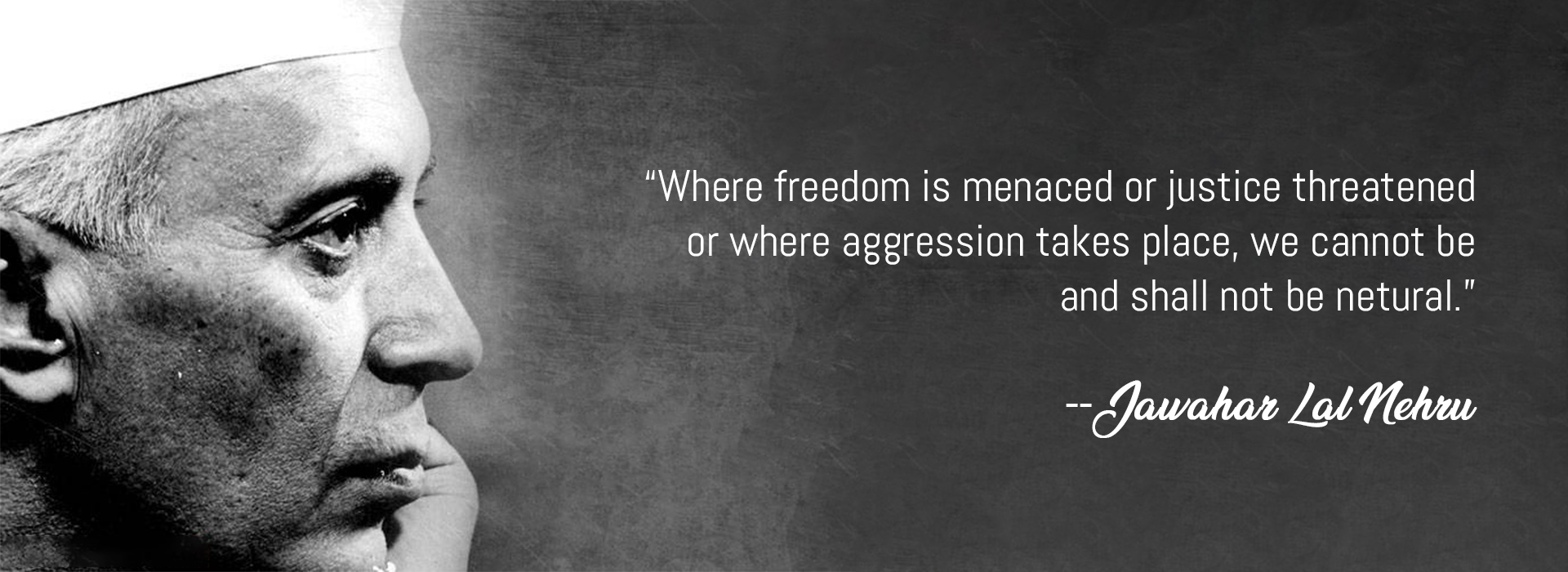From UPSC perspective, the following things are important :
Prelims level: Federalism
Mains level: a critical analysis of the state of Indian democracy

Central Idea:
The article by M.K. Narayanan highlights the concerning decline in parliamentary practices and the polarization of Indian politics, particularly in the lead-up to the general election. It discusses the divisive nature of recent parliamentary sessions, the erosion of democratic principles, and the growing rift between the ruling party and the opposition. Narayanan emphasizes the need for adherence to constitutional mandates, the preservation of federalism, and the importance of managing differences within a rules-based order to safeguard India’s democracy.
Key Highlights:
- The final parliamentary session before the general election was marked by divisiveness and acrimony between the ruling party and the opposition.
- Narayanan underscores India’s historical commitment to democracy and parliamentary practices, citing the Constitution’s provisions for Fundamental Rights, Fundamental Duties, and Directive Principles of State Policy.
- Despite external stability, internal challenges persist, including potential flashpoints like the farmers’ agitation in Punjab and Haryana and unrest in the northeast.
- The article reflects on the heightened polarization in Indian politics, with the Prime Minister accusing the opposition of divisive tactics and vice versa.
- Issues such as the construction of the Ram Temple in Ayodhya and attempts to enforce an Uniform Civil Code have become politicized, further exacerbating divisions.
- The erosion of federalism is noted, with the ruling party accused of centralizing power and undermining regional parties.
- Engineered defections to the ruling party raise concerns about the integrity of the electoral process and democratic principles.
- The role of Governors in opposition-ruled states is contentious, with accusations of central interference leading to strained Centre-State relations.
Key Challenges:
- Divisiveness and acrimony in parliamentary sessions.
- Polarization and politicization of issues.
- Erosion of federalism and centralization of power.
- Engineered defections undermining democratic principles.
- Tensions between Centre and opposition-ruled states.
- Threats to constitutional mandates and democratic norms.
Main Terms and key words for answer writing:
- Parliamentary democracy
- Federalism
- Polarization
- Divisiveness
- Constitution
- Centre-State relations
- Electoral integrity
- Democratic principles
- Rule of law
- Defections
Important Phrases for answer quality enrichment:
- “Divided nation”
- “Engineered defections”
- “Polarized politics”
- “Centralization of power”
- “Constitutional niceties”
- “Rules-based order”
- “Centre-State relations”
- “Erosion of democratic norms”
Quotes:
- “The unseemly spectacle has given rise to concerns about the future of parliamentary democracy in the country.”
- “The country today appears more divided than it has at any time in the recent past.”
- “The absence of a rules-based order… could overturn the system altogether.”
- “Tolerating differences is the first order of priority.”
- “Everything has to be subordinated to the requirements of the Constitution.”
Useful Statements:
- “The erosion of democratic principles undermines the foundation of our parliamentary democracy.”
- “The politicization of issues further exacerbates divisions and hampers constructive dialogue.”
- “Adherence to constitutional mandates is essential to preserve the integrity of our democratic institutions.”
- “The centralization of power at the expense of federalism threatens the balance of governance.”
- “The integrity of the electoral process must be upheld to ensure the legitimacy of democratic outcomes.”
Examples and References:
- The farmers’ agitation in Punjab and Haryana.
- Tensions between the Centre and opposition-ruled states.
- Instances of engineered defections to the ruling party.
- Accusations of central interference in the functioning of opposition-ruled states.
- Passage of resolutions in Parliament on contentious issues like the Ram Temple in Ayodhya.
Facts and Data:
- India’s historical commitment to democracy and adherence to constitutional principles.
- Instances of engineered defections and accusations of central interference in opposition-ruled states.
- Polarization and acrimony observed in parliamentary sessions leading up to the general election.
Critical Analysis:
The article provides a critical analysis of the state of Indian democracy, highlighting the erosion of parliamentary practices, growing polarization, and challenges to federalism. It underscores the need for adherence to constitutional mandates, the preservation of democratic norms, and the importance of constructive dialogue to address contentious issues. The article raises concerns about the integrity of the electoral process and the erosion of democratic principles, calling for urgent action to safeguard India’s democracy.
Way Forward:
- Uphold constitutional mandates and democratic principles.
- Foster constructive dialogue and mutual respect between political parties.
- Safeguard federalism and decentralize power to promote inclusivity and diversity.
- Ensure the integrity of the electoral process and prevent engineered defections.
- Prioritize the national interest over partisan politics and work towards consensus-building on key issues.
Overall, the article underscores the importance of upholding democratic values and institutions to ensure the continued stability and prosperity of India’s democracy.
Get an IAS/IPS ranker as your 1: 1 personal mentor for UPSC 2024
